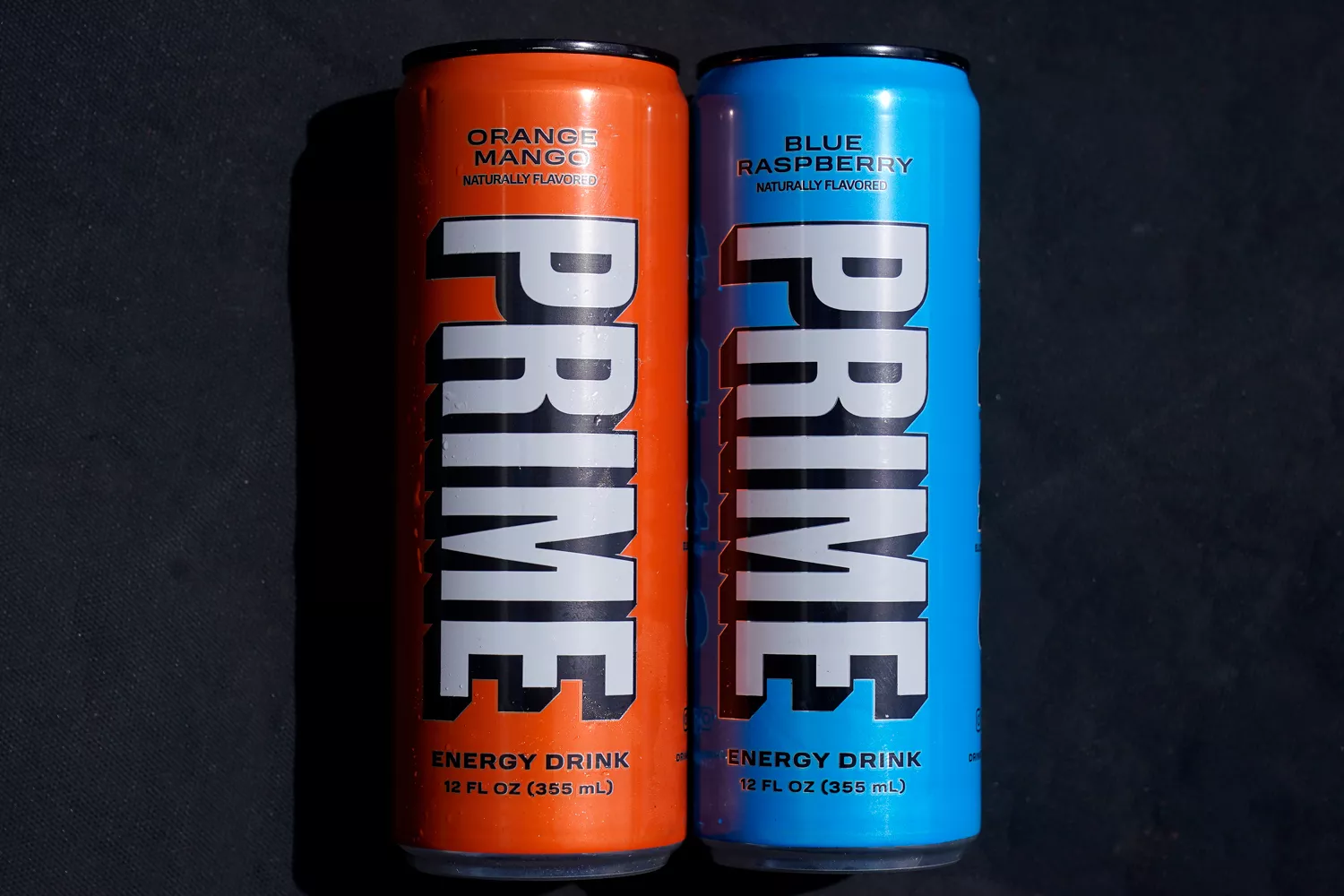Children who consume energy drinks may be more likely to develop ADHD, anxiety, and depression — and in the United States, there are no age restrictions on purchasing these drinks. “Negative mental outcomes” were associated with energy drink consumption among children, according to a research study published in Science Direct.
“Consumption was related to increased ADHD inattention, conduct disorder, depressive and panic symptoms,” the study said. “Regular ED consumption was also associated with emotional difficulties and lower levels of well-being.”
That include some dire findings, as the study reported “frequent ED intake was associated with suicide attempts and severe stress.” “There were also higher rates of suicide ideation and attempts” among those who drank more than one energy drink a day.
The study points to the high caffeine and sugar content in most energy drinks. “Caffeine, in combination with sugar and other ingredients with stimulant properties, could have a significant impact on the overall health of children and young people.
The associations could be mediated by poor sleep patterns and unhealthy dietary habits, including skipping breakfast and eating unhealthy foods,” the study said.
Logan Paul — a YouTube star that’s popular with children and teens — recently released his own brand of energy drink, PRIME. Although it was not specifically named in the study, it has come under fire for the amount of caffeine in it: A 12 oz. can of PRIME Energy contains 200mg of caffeine, compared to the 34mg found in a 12 oz. Coca Cola and Red Bull’s 80mg in a standard 8.4 oz.
In a statement to PEOPLE, PRIME defended the amount of caffeine in their energy drinks and stressed it is “not made for anyone under the age of 18.”

“PRIME Energy, sold in a can, dropped in 2023 and contains a comparable amount of caffeine to other top selling energy drinks, all falling within the legal limit of the countries it’s sold in,” a spokesperson for the brand told PEOPLE in July 2023. “It complied with all FDA guidelines before hitting the market and states clearly on packaging, as well as in marketing materials, that it is an energy drink and is not made for anyone under the age of 18.”
While PRIME is not recommended for those under 18, it’s not illegal for teens to purchase it, or other similar drinks — like the “charged lemonade” sold at Panera, which was also not specifically named in the study.
A large serving of Panera’s “charged lemonade” has 390mg of caffeine, and one family sued Panera, claiming their daughter, 21, who had a heart condition, died after drinking the lemonade.